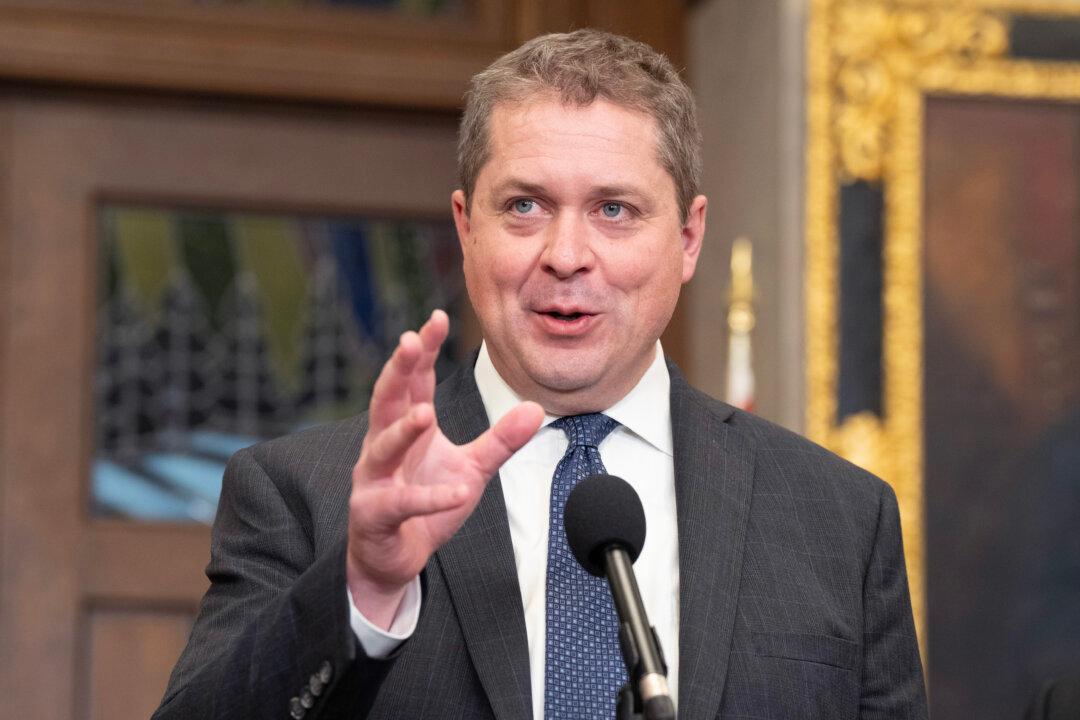Prime Minister Justin Trudeau is championing a new United Nations-led blueprint for addressing global challenges called the “Pact for the Future“ as world leaders gather at the U.N. for its annual assembly.
In making his points about the importance of the pact, Trudeau said in an address at the United Nations in New York on Sept. 22 that the world is at an “inflection point.” He said the foundations of the international order are being undermined by climate change, rising inequality, record levels of displacement, and “the erosion of women’s rights, LGBT+ rights, and indigenous rights.”





